Funderend onderwijs
-
Een groot deel van het onderwijsonderzoek van het ROA gaat over het primair en/of het voorgezet onderwijs. Binnen dit thema onderzoeken we bij het ROA bijvoorbeeld prestaties van leerlingen, de organisatie van de onderwijssector, opleiding en verdere ontwikkeling van leraren, en effecten van onderwijsvernieuwingen- en veranderingen. Deze analyses bieden belangrijke inzichten voor zowel de praktijk, beleidsmakers als de wetenschap. Voorbeelden hiervan zijn onderzoeken naar gevolgen van COVID-19 voor het onderwijs, projecten gericht op het lerarentekort, onderzoek naar vroege voorspellers van schoolsucces, en onderzoek naar AI in het onderwijs.
Er is veel expertise aanwezig binnen het ROA over deze sectoren, vanuit verschillende disciplines. Onze teams van onderzoekers hebben gecombineerde expertises vanuit een sociologische, onderwijskundige, psychologische of economische achtergrond, waardoor vraagstukken multidisciplinair benaderd kunnen worden.
Zowel binnen Education Lab als binnen het onderzoeksprogramma Onderwijs, Vaardigheden en Onderwijstransities, maar óók binnen het onderzoeksprogramma Gezondheid, Vaardigheden en Ongelijkheid vinden diverse projecten plaats in en over het funderend onderwijs. Grote, langlopende projecten zijn bijvoorbeeld het Onderwijs Netwerk Amsterdam (ONA) en het Nationaal Cohortonderzoek Onderwijs (NCO).
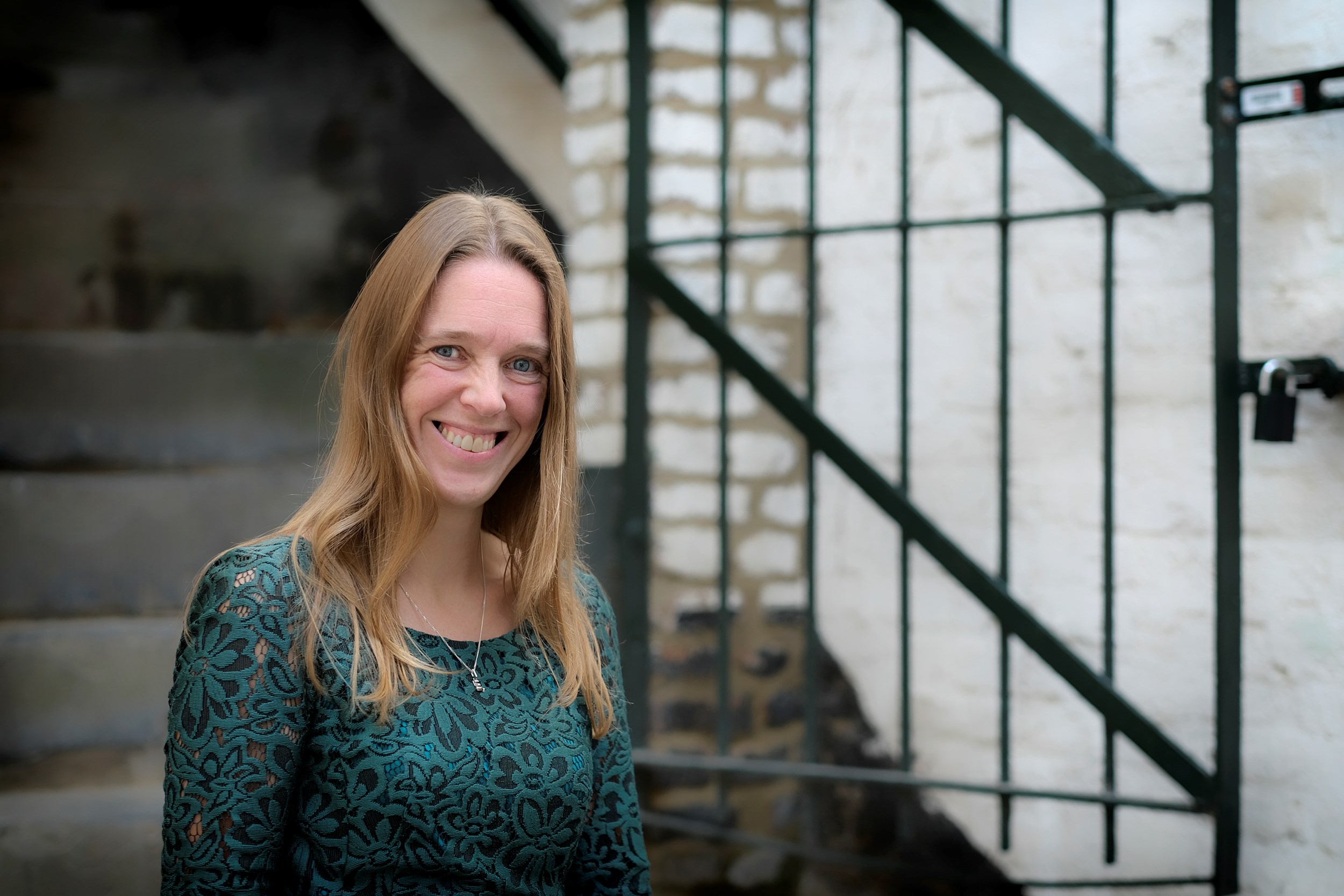
Contactpersoon: C. Haelermans
-
Gerelateerd projecten
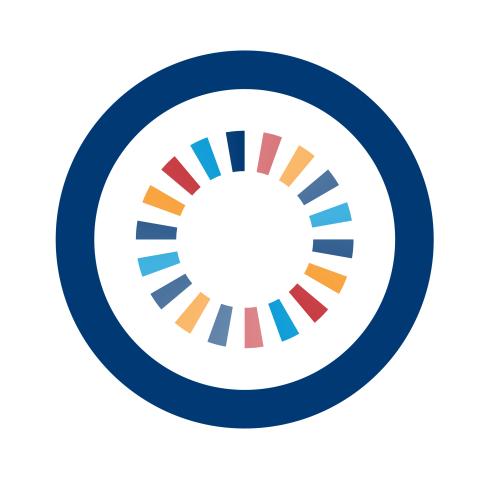
Het Nationaal Cohortonderzoek Onderwijs
Het Nationaal Cohortonderzoek Onderwijs (NCO) maakt gebruik van longitudinale registergegevens over de plaatsing van cohorten leerlingen in het basis- en voortgezet onderwijs. Deze studie is geïnitieerd en gefinancierd door de Nederlandse…
lees meer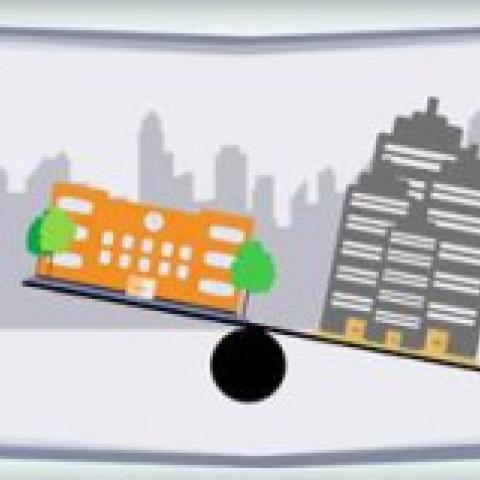
Project Onderwijs-Arbeidsmarkt (POA)
Dit project richt zich op de afstemming tussen onderwijs en beroep, de substitutieprocessen op de arbeidsmarkt, en genereert middellangetermijnprognoses voor de arbeidsmarktperspectieven voor ongeveer 100 onderwijsprogramma's en beroepen, 35…
lees meerLongitudinal Educational Achievements: Reducing iNequalities (LEARN)
Het LEARN-project (Longitudinal Educational Achievements: Reducing Inequalities) hanteert een longitudinale benadering om patronen van ongelijkheid in kaart te brengen. Door korte-, middellange- en langetermijntrends te onderzoeken, wil LEARN…
lees meer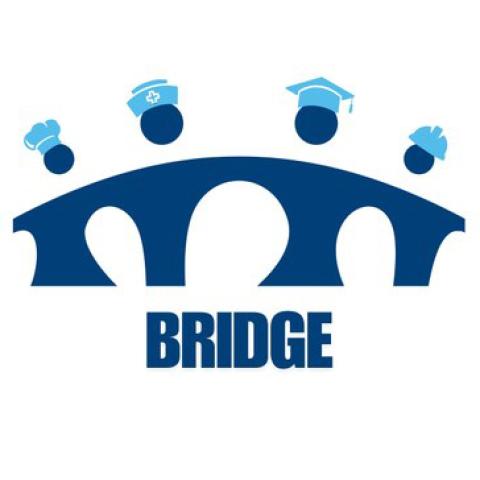
BRIDGE - Building Resilient Individuals through Effective Gradual Educational Transitions
BRIDGE is een impactgericht project dat tot doel heeft veerkrachtige individuen te vormen door middel van een effectieve onderwijstransitie. Dit gebeurt door het formuleren van krachtige beleidsaanbevelingen op het gebied van onderwijs- en…
lees meer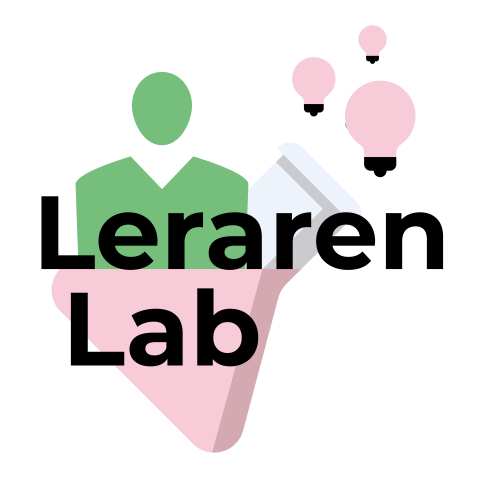
LerarenLab
Hoe maak je het lerarenberoep nog aantrekkelijker? En hoe zorg je ervoor dat er meer en betere leraren komen en blijven? Deze vragen staan centraal in ons LerarenLab. We werken er met leraren, schoolleiders en onderzoekers aan kansrijke…
lees meer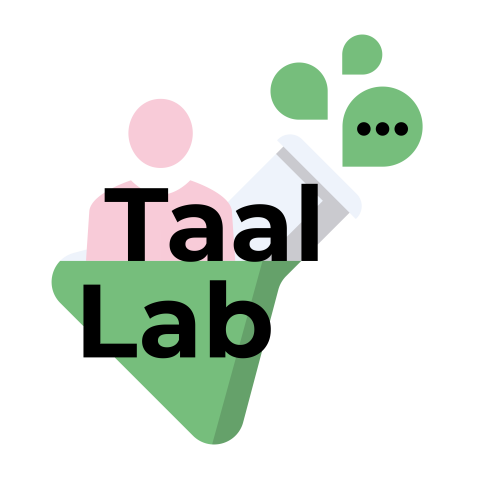
TaalLab
TaalLab is onderdeel van Education Lab Netherlands, waarin onderzoekers van verschillende disciplines samenwerken met onderwijsprofessionals om het taalonderwijs in Nederland te versterken. Het TaalLab brengt wetenschappelijke inzichten…
lees meer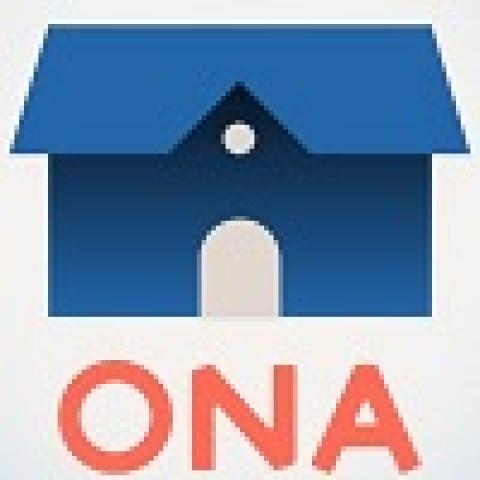
Onderwijs Kennisnetwerk Amsterdam (ONA)
Het Onderwijs Kennisnetwerk Amsterdam (ONA) versterkt de verbinding tussen onderzoek, beleid en praktijk in het Amsterdamse onderwijs. Binnen dit netwerk werken scholen, besturen, onderzoekers en de gemeente Amsterdam samen aan het…
lees meer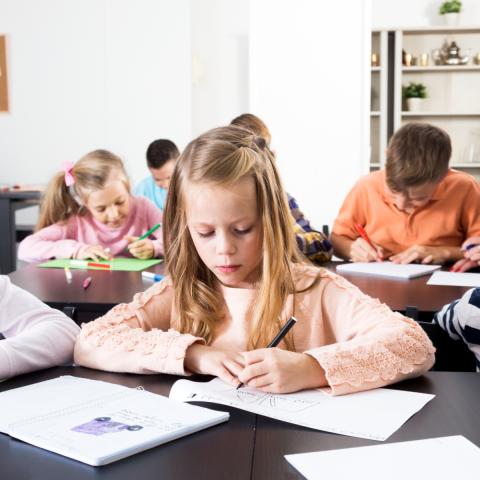
Een kansrijke overgang tussen po en vo voor leerlingen met taalproblemen
Dit project beoogt verder inzicht te verkrijgen in hoe leerlingen met een taalachterstand duurzaam begeleid kunnen worden in een po- en vo- overstijgende interventie. In dit onderzoek ontwikkelen samenwerkingscoalities (po- en vo- scholen)…
lees meerKansrijke determinatie met hulp van een dashboard
Er wordt al geruime tijd debat gevoerd over het moment van differentiatie in het Nederlandse onderwijsstelsel, zowel landelijk als op scholen. Het selectiemoment vindt traditioneel plaats aan het einde van de basisschool, in groep 8, op basis…
lees meer
Refining pandemic strategies for schools: Multiscale modeling of their societal & public health impact [RE-PASS]
Scholen zijn hotspots voor de overdracht van nieuw opkomende respiratoire pathogenen en behoren tot de belangrijkste doelwitten voor pandemische maatregelen. De beslissing over schoolinterventies, zoals sluitingen, is omstreden vanwege de…
lees meer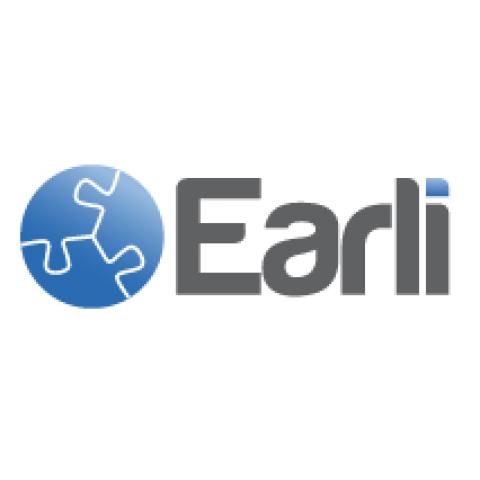
EARLI Centre for Excellence in Research (E-CER): Alternatives for Grade Retention
Binnen elke klas in het basis- en voortgezet onderwijs zijn er doorgaans aanzienlijke verschillen tussen leerlingen wat betreft academische prestaties, leertempo, interesses, motivatie en sociaaleconomische achtergrond. Deze heterogeniteit…
lees meer
Flexibiliteit van onderwijssystemen en sociale ongelijkheid in onderwijsresultaten
Verschillende aspecten van de flexibiliteit van onderwijssystemen, zoals externe flexibiliteit (aanpassing aan het einde van een fase: stapelen van diploma’s) of interne flexibiliteit (aanpassing binnen een fase: omgaan met verkeerde…
lees meer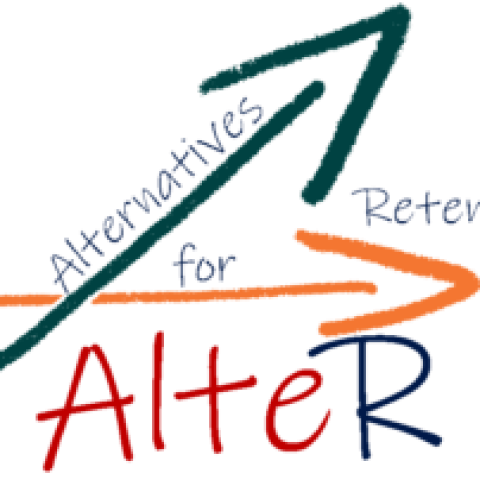
Alternatives for Retention (AlteR)
Binnen elke klas in het basis- en voortgezet onderwijs zijn er doorgaans aanzienlijke verschillen tussen leerlingen (bijvoorbeeld op het gebied van academische vaardigheden, psychosociale vaardigheden, leertempo, interesses, motivatie,…
lees meer